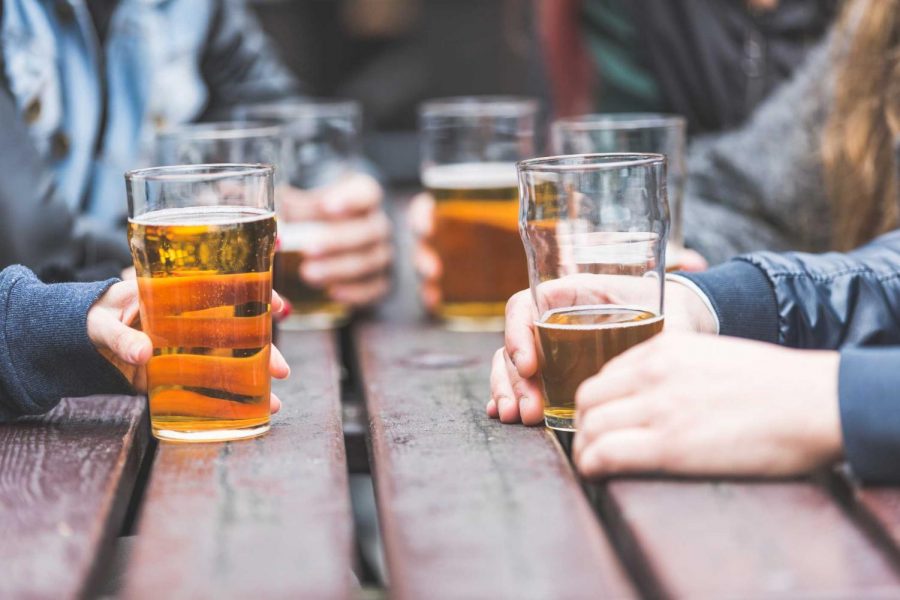The Drinking Age Should Be Lowered
October 7, 2020
The National Minimum Drinking Age Act of 1984 set a transition from a drinking age of 18 in some states all back to a national standard of 21. This bill was a dangerous change that, while alleviating particular problems, compounded others. Before explaining the problematic bill, it is paramount to look into the past and see how this law came about.
When the voting bill passed to decrease the age to vote for political office from 21 to 18 in the 1970s, over the next decade, many states argued that if someone could vote, fight for our country, and serve on a jury, that they should be allowed to drink. Now once this bill was passed, drinking-related fatalities rose drastically. The change in the drinking age was interpreted to be the cause of this tragic change. As a result, Mothers Against Drunk Driving an organization started with the families of many victims of drunk driving accidents, whether passengers or drivers, decided to draft a bill to change the drinking age back to 21. This bill was The National Minimum Drinking Age Act.
This law was passed on the premise that there is a direct correlation between the increase in drunk driving accidents and the lowered drink age but let me propose a different idea. The number of accidents rose not due to the change itself but to the lack of an acclimation period. Many individuals who could not drink now decided to start drinking at a rapid rate, which was the cause of reckless decision making that led to an increase in accidents. If the bill was given time to take place and adjust with the students coming through, it is possible that the number of accidents would decrease to a much more regular margin.
There are problems associated with the current drinking age of 21. Many studies from several universities, such as the University of Indiana and Middlebury college, to name a few, the drinking age of 21, are causing more underage drinking. What is worse is that this can cause the drinking to occur in more dangerous situations, behind closed doors, and make students wary about seeking medical help in certain situations because of fear of prosecution, which can ultimately lead to tragic deaths.
To complain about the drinking age without attempting to provide a solution would be pointless. I believe the minimum drinking age should be lower, much lower. The drinking age should be around eight years old. Right away, that sounds crazy, but with a deeper understanding of the reasoning, eight years old makes sense. By making the drinking age so low, it takes away the taboo nature of drinking. It encourages the cultural model followed in places like Italy and France where children are exposed to alcohol at a very young age but in small amounts, generally in the form of wine or sangria at the dinner table. This allows children and young adults to become comfortable with alcohol and become less likely to drink irresponsibly. That does not mean that it will be implemented perfectly. That is why for the United States, in particular, I think the drinking age should be lowered overtime slowly to allow for that acclimation period. Starting with an initial change to a drinking age of 18, a one-year decrease every five years to allow for review.










